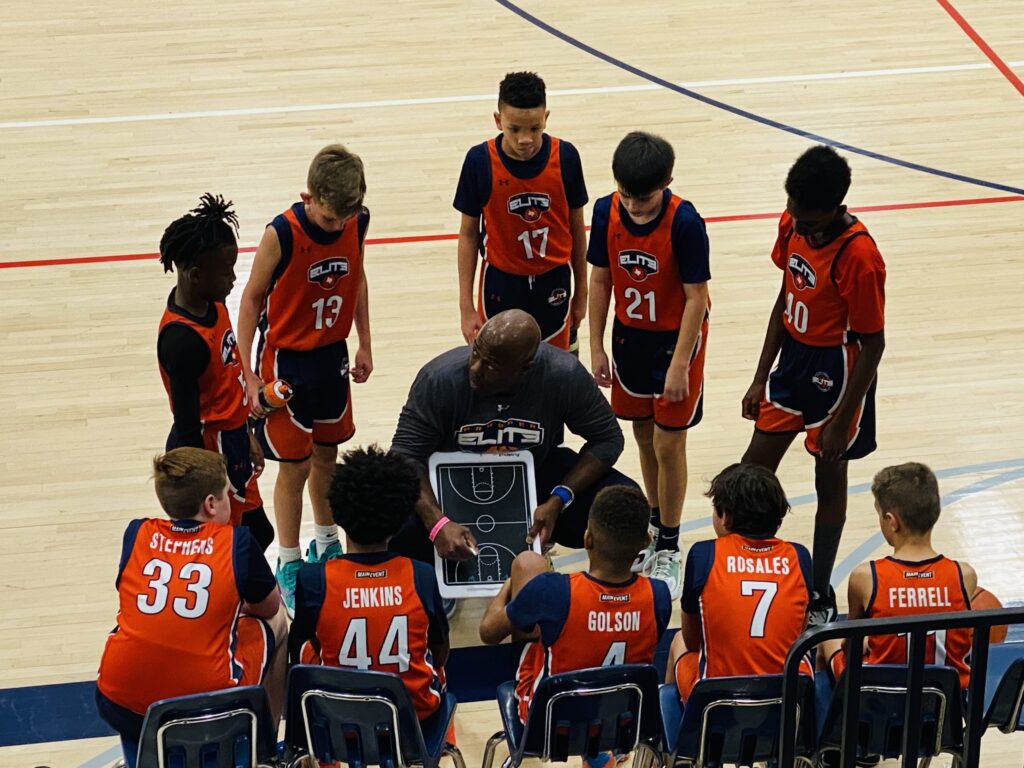
As a seasoned coach and dedicated advocate for youth basketball in North Texas, I’ve had the privilege of working with countless young athletes at Prosper Elite Basketball. It’s always a profound joy to see our players develop, grow, and achieve. However, throughout my years of coaching, one recurring scenario often complicates our endeavors – the phenomenon of parents coaching from the sidelines.
Each game, I witness our young athletes glance towards the stands after every play, their eyes searching for approval, advice, or criticism from their parents. This unintentional behavior, albeit stemming from love and support, can often have counterproductive consequences for both the team and the individual athlete.
Firstly, having multiple voices guide an athlete – the coach on the bench and the parent from the sidelines – can create confusion and distraction. The game demands players’ undivided attention, but the peripheral coaching can disrupt their focus, diminishing their performance and their ability to follow the actual game plan.
Moreover, the continual search for parental approval may inhibit an athlete’s self-confidence and autonomy. In essence, they’re learning to rely on external validation rather than building their personal resilience and ability to self-evaluate. In the long run, this dependence could stunt their growth, not only as athletes, but also as individuals who will need to navigate life’s challenges independently.
Additionally, parents coaching from the stands can unintentionally undermine the authority of the team’s coach. When players receive conflicting directives, it can lead to uncertainty, division, and lack of trust within the team. It’s crucial for athletes to trust their coach and teammates fully in order to foster unity, mutual respect, and effective teamwork.
I understand and deeply appreciate the intent behind parents’ active involvement. The passion and commitment that our parents display are indeed valuable assets to our community. However, we must channel this energy in ways that constructively support our young athletes.
Instead of instructing from the sidelines, I encourage parents to be the unwavering cheerleaders who applaud not just scoring plays but also the valuable attempts, improvements, and display of sportsmanship. Celebrate their resilience, applaud their effort, and reinforce the values we strive to teach: teamwork, respect, dedication, and the love of the game.
We are all part of the Prosper Elite family, working towards the common goal of nurturing successful, well-rounded athletes. I firmly believe that with open dialogue and understanding, we can turn the court and the stands into spaces of unequivocal support, where our athletes can truly thrive.



